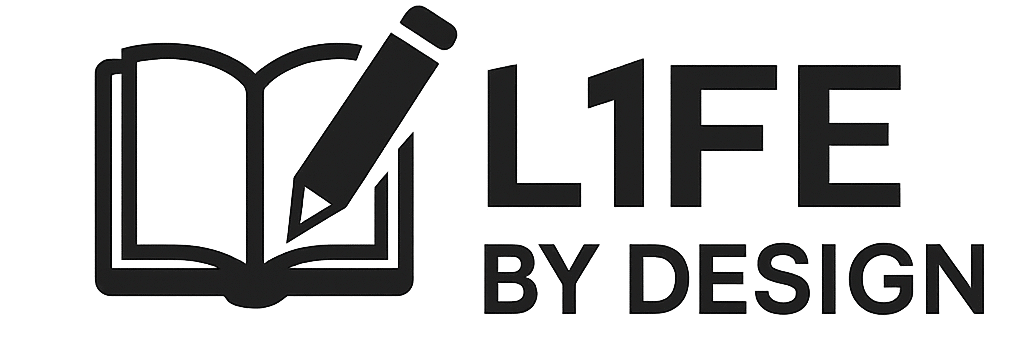Transform Your Planning Routine In 2024-25
We all harbor aspirations and visions, waiting for the perfect moment to explode into reality’s limelight. My vision crystallized from an innate fascination with structured chaos—the world of self-improvement. My enthusiasm led me to craft planners, journals, and guides focused on personal change. I have always been drawn to the orderly and hopeful world of … Read more

